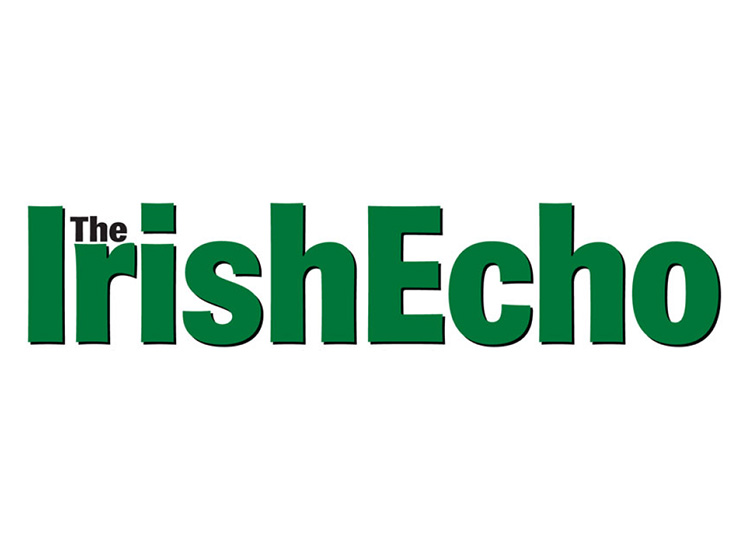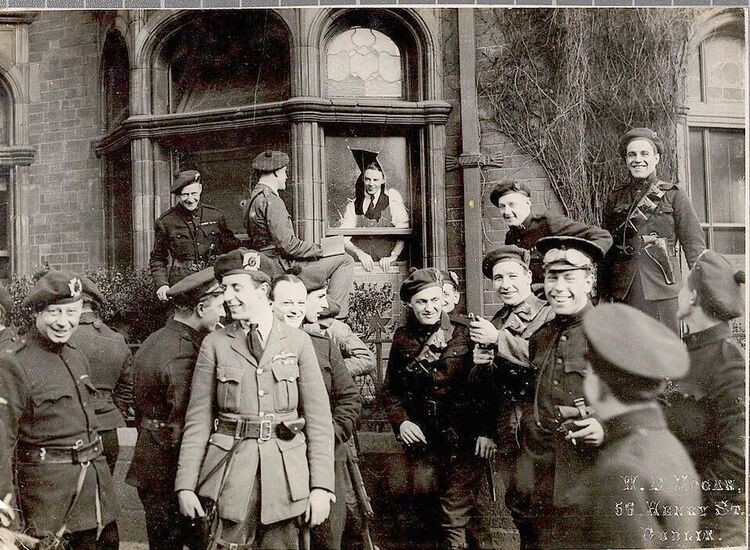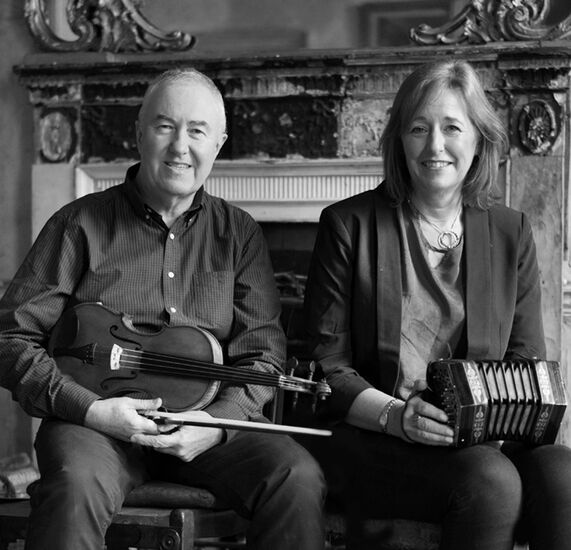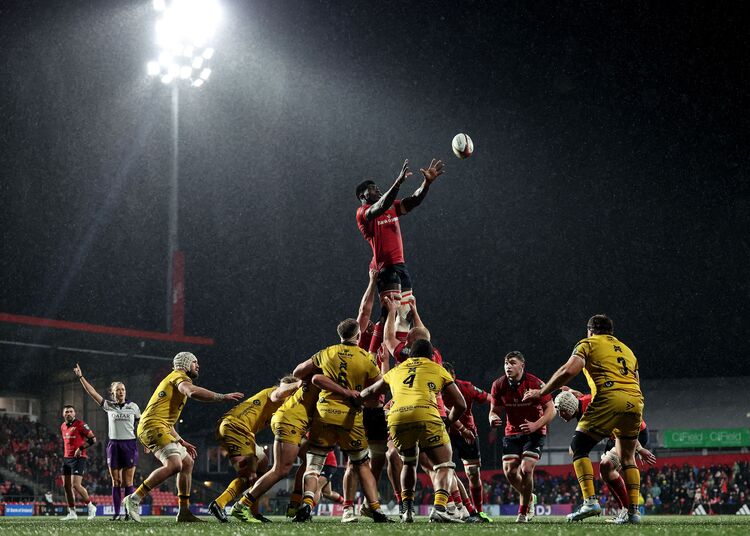Down’s Eoghan Sands and Cathal McCabe of Meath do battle during the Christy Ring Cup Final at Cork Park on June 22, 2019. Meath won the competition named for the man considered hurling's greatest ever player by 4-19 to 2-15. INPHO/LASZLO GECZO
PART 1
By P.J. Cunningham
Many years ago I was part of a group which carried out the journalistic exercise of naming the people who were tops in shaping the GAA since its inception in 1884.
We did the research to coincide with the 125th anniversary of the association in 2009 and now as we enter the third decade of the new millennium, I’ve decided to do a miniature version of this past work by coming up with an up-to-date version of the 10 most important GAA people of all time, actually 12 as Nos. 2 and 3 on my list are more than one person.
It is totally subjective, of course, and probably leans more to people who have operated in my own lifetime that through previous generations. Still one thing you can be sure of is that these people did a lot for Irish sport and indeed Irish life. My only regret is that I can’t name another 150 who in their own ways have given the meaning of Irishman and Irishwoman so much more depth than if the GAA had never been founded.
2. Michael Cusack: The Founding Father
This National School teacher conceived the Gaelic Athletic Association because he was fed up by the way the Anglo-Irish class decided how Ireland sported and played. There was no place for the ordinary artisan to play and the Protestant ruling classes ruled out Sunday activity.
The Clare man was a lover of hurling and founded the Dublin Hurling Club as part of his initial campaign to de-Anglicize sporting Ireland. He was also a champion of the Irish language and saw that all of those interests he held dear could be promoted if there was an association to cherish Irishness as a way of life. Ergo, the arrival of the day of destiny on Nov. 1, 1884, in Thurles when the GAA was founded. From there the association mushroomed to the organization it is today, central to life in every Irish parish and in every Irish center in the UK, USA and throughout the world.
[caption id="attachment_106697" align="alignnone" width="300"]
2. Michael O’Hehir and Micheál Ó Muircheartaigh: The Voices of the GAA
With the fight for freedom and then the vicious Civil War dominating the early decades of the past century, it is a wonder how the GAA survived, never mind thrived at all. Yet it did, but in a more modest way as there was no radio or television and newspapers were still to be convinced the games were worth covering.
[caption id="attachment_106702" align="alignnone" width="300"]
The first giant step towards its present day popularity came when Michael O’Hehir commentated as a teenager from Mullingar in August 1938 on the All Ireland football semi-final between Galway and Monaghan. He went on to be the man behind the mic for 99 All Ireland finals and replays and his voice became the single most important marketing tool for the GAA.
Hand-in-hand with the Dublin native, Kerry’s Michéal Ó Muircheartaigh took on the role of “voice of the GAA” and made it relevant with his unique commentary for a nation becoming increasing sophisticated and wanting to be entertained with witty and erudite speech as part of those famous bilingual commentaries.
These two men were worth their weight in gold to the GAA – and without them, the Association would never have resonated as widely or as deeply as it has done.
[caption id="attachment_106701" align="alignnone" width="300"]
Micheál Ó Muircheartaigh with Shane Lowry at his Clara, Co. Offaly, homecoming after winning the Open Championship last summer. INPHO/MORGAN TREACY[/caption]
3. Christy Ring and Mick O’Connell: The Greatest Players
Just as every sporting organization needs good people driving it off the field, they also need faces to capture the public imagination on the pitch. Rebel County star Ring made hurling the national game with his Cuchulainn-like displays – even to this day no one has overtaken him in the Gaelic psyche. Kerry Maestro O’Connell was football’s amazing grace – his Corinthian view of sport elevating him head and shoulders above anyone who has played before or since.
[caption id="attachment_106700" align="alignnone" width="300"]
4. Maurice Davin: The First President
Going back in time, it wasn’t a case of the GAA becoming a powerful organisation overnight. While Cusack had his critics and enemies, the election of Davin brought moderate nationalism behind the fledgling group and his exploits as an all-round great athlete known internationally meant he was readily accepted and gave credibility to what was afoot. He served two terms as President and, as a big land owner, actually staged the 1904 All Ireland hurling final between Kilkenny and Cork on his property at Carrick-on-Suir.

Dublin fans on Hill 16 hold up a banner in tribute to Kevin Heffernan during the 2013 All Ireland final. The former player and manager had died earlier that year. INPHO/DONALL FARMER
5. Kevin Heffernan: The Invention of Heffo’s Army
The ban mentality of the GAA founders was becoming very out of step with 1960s society and the GAA was seen as backward and old-fashioned in many parts of the new Ireland. The removal of the Ban in 1970 and the arrival of Kevin Heffernan, a former Dublin great, as manager of the Dubs, gave a huge injection of popularity to the game, particularly in the capital. Without the rivalry between Dublin and Kerry in the seventies and early eighties and without that generation of Heffo’s Army embracing the sport, there is little doubt that Jim Gavin’s five-in-a-row heroes would never have surfaced.
Part 2 will appear in the digital edition of the Irish Echo published on April 1.








